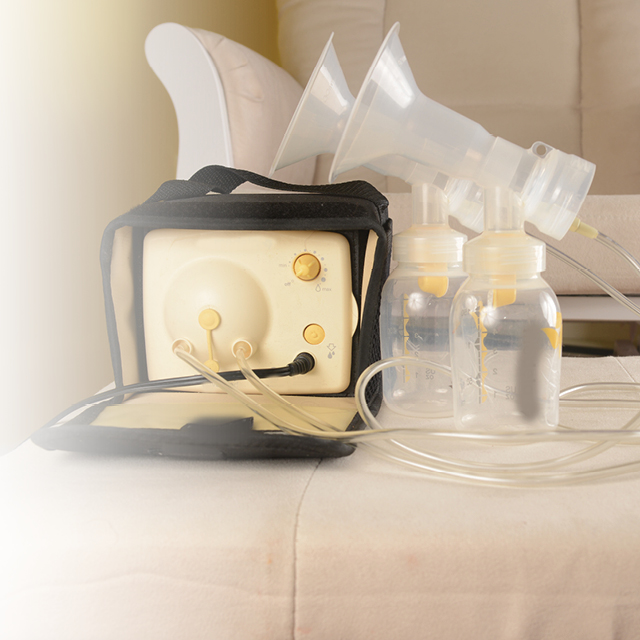Johns Hopkins stood out among its peers in implementing work-site health promotion measures in fiscal year 2019, according to an assessment tool from the Centers for Disease Control and Prevention (CDC).
Johns Hopkins exceeded the benchmarks for employers in the health delivery and social services sectors on the CDC Worksite Health ScoreCard, a self-reported evaluation that assesses employers’ efforts to implement evidence-based practices at its work sites to help prevent heart disease, stroke and related chronic conditions.
Ten Johns Hopkins member organizations also received the highest check-plus marks for meeting strategic objectives related to the ScoreCard.
“We have taken it upon ourselves to be a healthy workplace so that employees who want to have a healthy workday stand a much better chance of achieving that goal,” says Richard Safeer, chief medical director of employee health and well-being. “We’ve seen changes big and small.”
The scorecard rates organizations based on a number of factors: stress management, vaccine-preventable diseases, diabetes, tobacco control, emergency response to heart attack and stroke, depression, lactation support, signs and symptoms of heart attack and stroke, weight management, occupational health and safety, organizational supports, high cholesterol, high blood pressure, physical activity and nutrition.
Among the changes across the enterprise in recent years, two campuses are now tobacco-free, healthy food and beverage policies were put in place across the system, and there are more lactation support, quiet and meditation rooms. The institution just held the third annual Race the Globe steps challenge, with about 11% of employees participating, and this marks the first year of the Keep the Pressure Down campaign, with different focuses on how to reduce blood pressure each quarter.
At The Johns Hopkins Hospital, department-specific action plans were created from the findings of employee surveys, the nursing staff was offered a seminar on recognizing and responding to depression in the workplace in partnership with the Faculty and Staff Assistance Program, and leaders were encouraged to post flyers showing the signs and symptoms of heart attack and stroke in their work areas. Foods that are low in calories, saturated fat and sodium replaced unhealthier options in the vending machines to give employees better choices to eat while they are at work. Nutrition information is also posted next to each machine.
As part of the Johns Hopkins Breastfeeding Support Program, a new mother’s room where women can pump and store milk was opened in May in The Charlotte R. Bloomberg Children’s Center building. The space includes a state-of-the-art vending machine with pump supplies for those times when a crucial part breaks or is left at home. The total number of employee mother’s rooms on the East Baltimore campus is now 19.
Sibley Memorial Hospital partnered with a local farmer to bring fresh produce to the hospital every Tuesday from June to October. The hospital pays the farmer a set amount and cooks leftover produce in its cafeteria.
“We’re able to provide our chefs some creativity to see what they can come up with,” says Theo McCloskey, clinical nutrition manager at Sibley. “Last month, they cooked grilled zucchini, which was very popular. That’s an item that we have never really had on the menu.”
Johns Hopkins has already entered the next year of the CDC Worksite Health ScoreCard. Released earlier this year, new topics include sleep and fatigue, cancer, musculoskeletal disorders, and alcohol and other substance use. Safeer says the institution will adapt as the scorecard changes.
“We’re trying to keep up with the evidence,” he says. “Johns Hopkins Medicine will adjust its strategy as the scientific community learns more about what works and what doesn’t.”

